This is the trip your parents don’t want you to take. ”
-Young Pioneer Tour Company, Beijing
North Korea (or DPRK) is much in the news these days. For many years it has been a threatening presence in the region, especially to its prosperous southern kinfolk, and to its neighbor, Japan, with which it has an enduring enmity. Moreover, not long ago, the DPRK threatened to nuke the U.S. possession Guam, and since has been talking about possible strikes on the American mainland.
There has much incendiary talk between Supreme Leader Kim Jong Un (“KJU”) and the mercurial Mr. Trump. Chairman Kim asserted, for instance, “I will surely tame the mentally-deranged dotard with fire.” Mr. Trump shot back, “North Korea will be met with fire and fury like the world has never seen.” More recently, however, the two have been rather chummy with one another— which strikes me as downright eerie.
Against this unpromising backdrop, wonder of wonders, there exists a Ministry of Tourism charged with persuading foreigners to visit North Korea for, of all things, pleasure.They’ve certainly got some marketing to do; the DPRK is certainly not a tourist hot-spot quite yet. Interestingly, in a recent year, only 6,000 western tourists visited North Korea—about the same number that visits the British Museum in a single summer afternoon.
The stated aim of the Ministry goes like this: “We are government representative [sic] and are tasked with a mission to promote tourism to the DPR Korea in the region.” Clunky syntax aside, I thought it might be interesting to determine if a rational person has any business at all going there.
I first intended to even-handedly identify the pros and cons of such a visit, and finally make a recommendation. But the facts didn’t lend themselves to such an approach. So instead, I thought it would be helpful to look at some really odd things (“red flags”) about the country, and contrast them with the “attractions” suggested by the mandarins of the Ministry of Tourism.
Red Flags
-
- Juche, meaning meaning self-reliance, is a guiding national principle. This idea dominated all North Korean thought, education and culture for many years. Later, the concept of Songun— military first— was added. These principles have produced an attitude of deep suspicion toward outsiders— indeed, an institutionalized paranoia—which, it seems reasonable to assume, might rather put foreign visitors on edge.
- One of the strangest things about North Korea is its compulsory veneration of the ruling family. Leader-worship springs from the Confucian idea of familism—which here means total submission to the Kim family, with KJU currently being their “God/King”. According to Human Rights Watch, “failing to show sufficient reverence for the country’s leaders is a serious offence.” Sadly, in the DPRK a “serious offence” is apt to lead to capital punishment. A moment’s silence, please, for the late Otto Wormbier, the brilliant young American who ran afoul of officials there in January 2016.
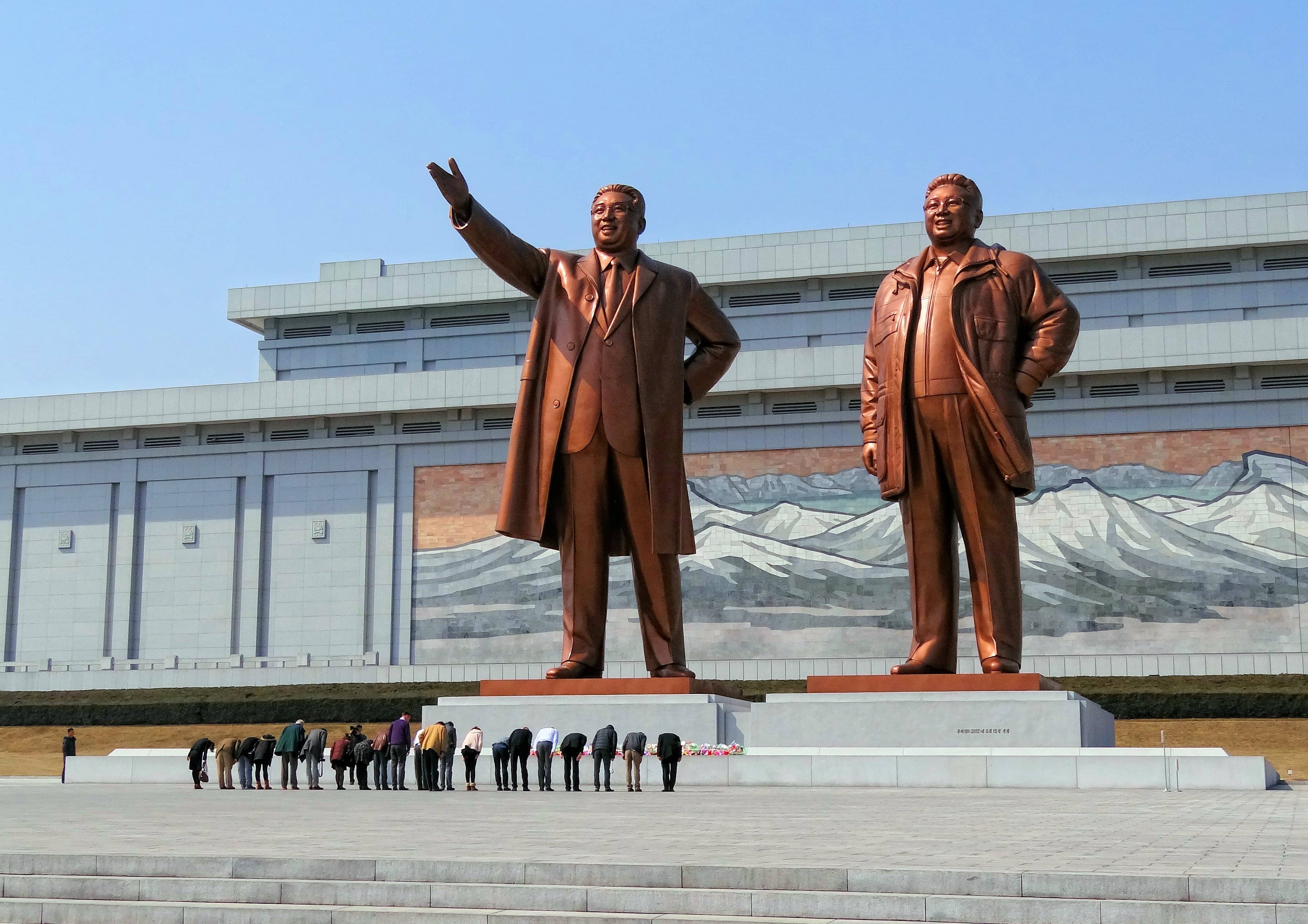
Family-Worship in action, Mansud Monument, Pyongyang, North Korea
- The government applies a socio-political classification system called songbun, ranking individuals and their families into “loyal”, “wavering” or “hostile” classes. This classification indicates where one can reside, work or study.
- Religious activities, especially Christian, are brutally suppressed. Christianity is officially reviled there; it is considered a threat to those in power, and they fear its growth. The Far Eastern Broadcast Company in South Korea transmits Christian radio messages to the DPRK, much to the frustration of authorities, who try, with little success, to jam the signal. Many North Koreans listen to these broadcasts under their covers at night, on tiny AM radios smuggled in from the south.
- Amnesty International says that the DPRK is in a “category of its own when it comes to human rights violations”, and notes that tens of thousands of political prisoners are enslaved, tortured and executed there. Personal accounts of escapees and defectors are horrific.
- A really bizarre feature of the DPRK is Bureau 39— a shady branch of government charged with raising money for the leader’s family, with no holds barred. Extralegal activities include counterfeiting currencies (US$100 bills), cigarettes (Marlboro), and pharmaceuticals (Viagra, Fentanyl). Bureau 39 also makes illicit drugs (methamphetamine, heroin) for export, and engages in international insurance fraud. KJU reportedly receives a regular $20M birthday bonus from Bureau 39. The Bureau is believed to raise as much as $1B a year to keep the KJU and his family comfortable. The family does appear to have expensive tastes; KJU’s car collection alone is reportedly worth $35M.
- To illustrate the striking difference between free-market and Stalinist economies, note that per capita income in South Korea was $37,500 in 2015, whereas in the DPRK it was $1700.
- National flag carrier Air Koryo has repeatedly been named the “World’s Worst Airline”. According to Skytrax, a U.K. consultancy firm, the airline is basically “appalling” in all respects, except for the flight attendants, whose “grooming” was considered top-notch.
And Now, the Main Attractions (2)
- If it’s complete eccentricity you’re after, this is an unbeatable travel choice. Moreover, it would give you a terrific adrenaline-rush and great bragging rights, no matter what.
- If you’re interested in the Kims, this is the place for you.The Ministry of Tourism helpfully points out that “all the top attractions” feature various aspects of the Kim family. There are, they tell us, tens of thousands of marvelous Kim statues, mausoleums and tombs to keep you busy
Bottom Line
Before I started researching this article, I was open to the idea of making a visit there myself. At this point, however, the idea is utterly out of the question for me.The country itself is, as Joseph Conrad might put it, a great political heart of darkness. On that basis, it’s best avoided. In my view, the only way to let the light in would be a new regime, organized along liberal democratic lines, as in the south.
This would certainly require the overthrow of the Kim family, as well as Korean reunification. This is not impossible. I’m old enough to remember the fall of some perfectly miserable tyrannies— those of Mao, the Soviet Union, Ceauscescu’s Romania— not to forget Hitler, Mussolini and Stalin. As surely as “the moral arc of history tends toward justice”, I believe the Kims are unwittingly destroying themselves—rocketing toward the great ash-heap of history. Just keep watching.
So, in closing, here’s some friendly advice: if you’re not an certifiable-lunatic-adrenaline-junkie, use your head— give the DPRK a big miss. You’d be better off going just about anywhere else!

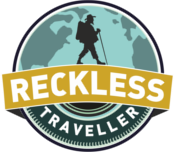
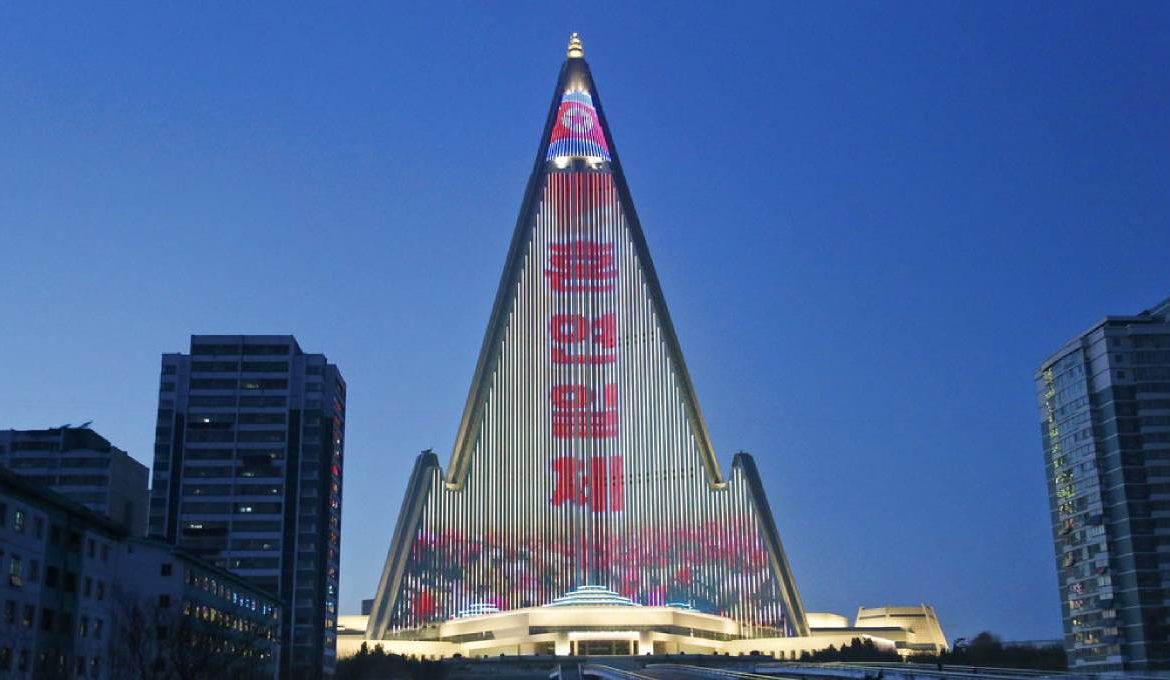
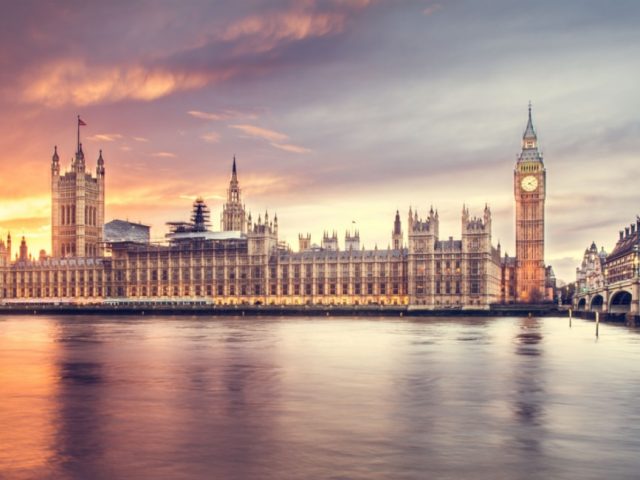
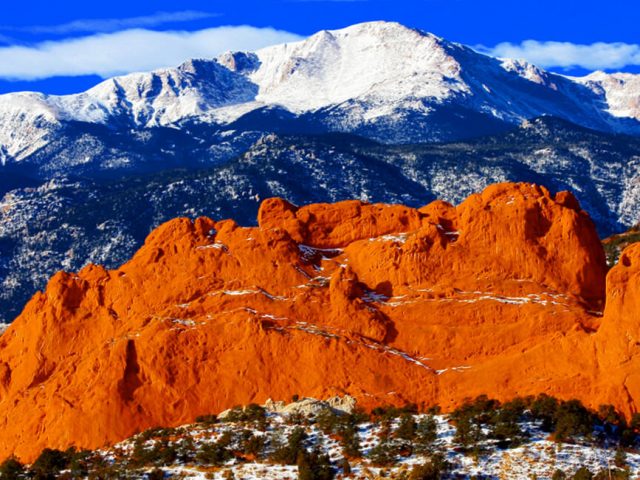

Facebook Comments